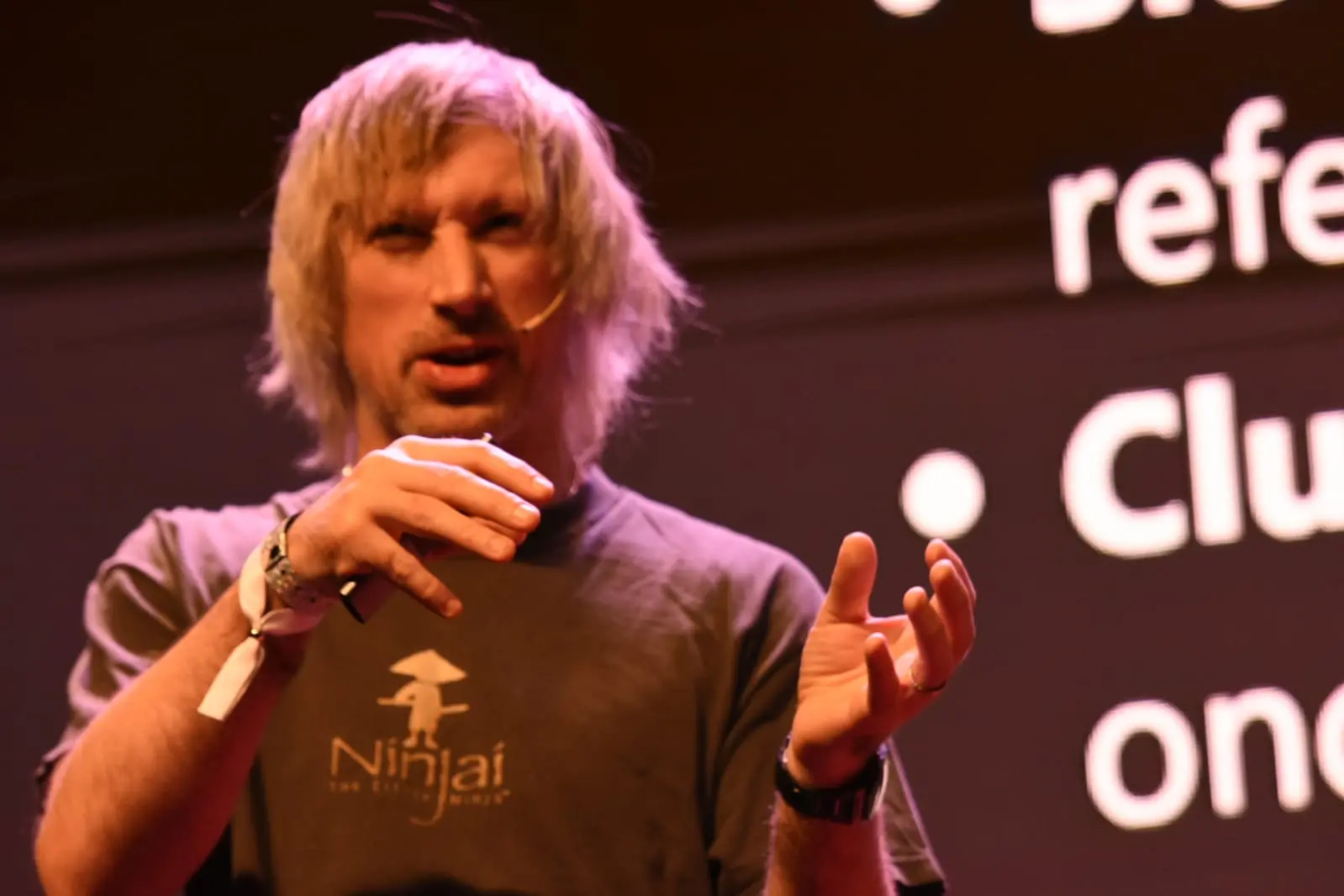Gavin Wood announces Polkadot’s next-gen governance model for a decentralized future
The founder of Polkadot and President of Web3 Foundation, Dr Gavin Wood, today announced Polkadot’s next-generation governance system, Gov2, at the Polkadot Decoded conference.
 By Oliver Brett•June 28, 2022
By Oliver Brett•June 28, 2022
The founder of Polkadot and President of Web3 Foundation, Dr Gavin Wood, today announced Polkadot’s next-generation governance system, Gov2, at the Polkadot Decoded conference. The new system will enable thousands of simultaneous decision-making mechanisms which can be started by anyone at any time, and therefore dramatically increase the potential number of collective decisions on the blockchain.
This new advancement is a crucial step designed to significantly increase the decentralization of Polkadot's governance system, enabling the removal of the Council, an elected body that represents passive stakeholders in the current governance system, as well as the Technical Committee, which currently helps implement bug fixes and safeguard against malicious referenda.
To allow high-quality, well-informed collective decisions, Gov2 introduces the Polkadot Fellowship, a mostly self-governing expert body that will initially run on the Kusama network.
With the primary goal to represent the people who embody the technical knowledge base of the Polkadot network and protocol, the Fellowship will be open to thousands of members, providing low entry barriers. Members of the Fellowship will be assigned a rank to designate the degree to which the system expects their opinion to be well-informed.
Dr Wood announced the launch of Gov2 to a captive audience at the two-day, multi-venue summit, Polkadot Decoded, in Buenos Aires, Argentina, on Wednesday.
He explained: “In a centralized organization, it’s the CEO who decides where a product goes over time. You can’t do that in a decentralized organization, so we want to have a mechanism in place to come to a collective decision. And this basically is governance.
“Our existing governance system is slow. It takes about two months for a proposal to go through a voting stage and then be enacted. It’s pretty clunky in that only one referendum can happen at once. And it’s pretty inaccessible. There are not that many referendums that make it to the voting stage.
“We want there to be lower barriers for proposals to happen, we want to make it easy and cheap for people to vote on them and unlimited referenda on everything at once! But how can we make it safe?
“Gov2 uses many elements to ensure a balance between safety and agility. For example, if we can classify a referendum as low impact we don't need to be quite so conservative with our safeguards.”
Addressing the importance of the Polkadot Fellowship within Gov2, Dr Wood described it as an on-chain membership body that “recognizes the expertise level of all individuals who hold expert knowledge of Polkadot.”
He continued: “Members hold rank denoting a proven level of expertise and commitment as recognized by their peer and, for higher ranks, through general referendum. There is minimal financial barrier to entry, open and clear requirements for each rank.
“The fellowship is powerless; it has no power whatsoever to change the protocol. The only thing it can do is to declare that it believes a particular proposal is safe and time critical. It is an oracle and nothing more and it places it in a whitelist.”
To see Dr Gavin Wood’s talk in full, click here.
The new governance system is set to launch on Kusama imminently, following a final professional audit of its code. Once tested on Kusama, a proposal will be made for the Polkadot network to vote on.
Polkadot Decoded continues until Thursday June 30th in Berlin, New York and Hangzhou as well as Buenos Aires.
Alongside the four live audiences, thousands of people unable to secure a ticket have been tuning into more than 100 talks via community-organised viewing parties hosting official live streams from the venues.
Media inquiries: press@parity.io










